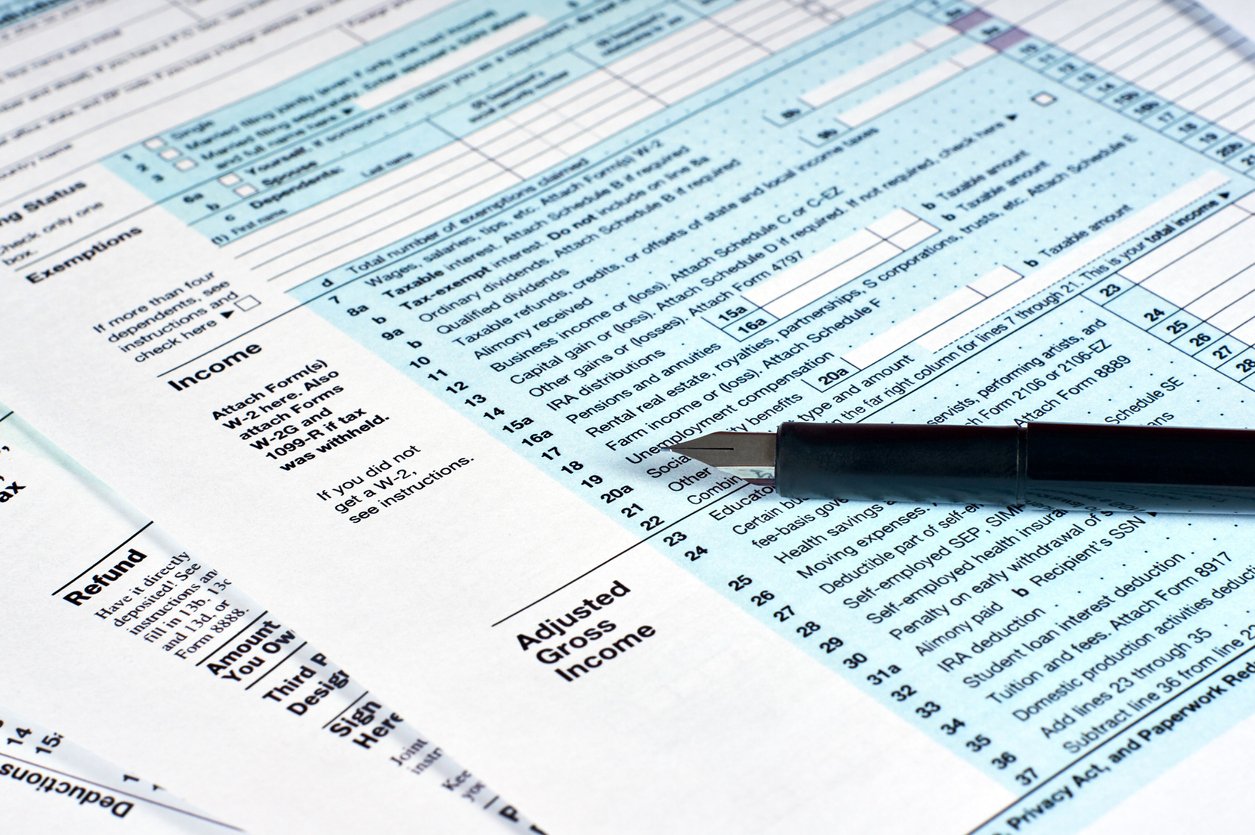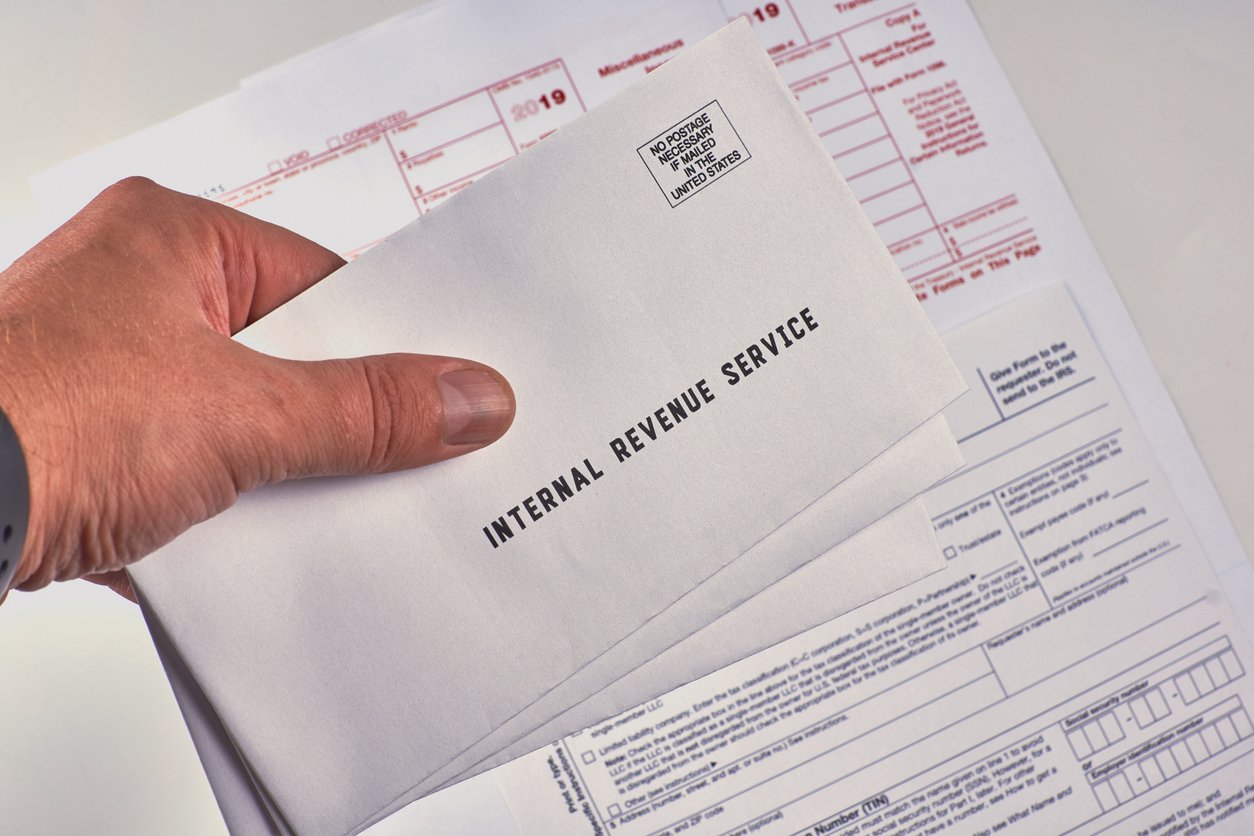The Realized Team’s Picks
What is a 1099-DIV Form and What is it Used For?

If you receive dividends from financial investments during the calendar year, you should receive an IRS Form 1099-DIV in the mail come tax season. The 1099-DIV is an IRS form that financial institutions use to report income from distributions and dividends to taxpayers.
What is a Beneficiary Designation and Who Can Be a Beneficiary?

If you are seeking to grow your wealth through property investment, you may want to consider designating a beneficiary for your holdings. Designating a beneficiary before your passing helps ensure your wealth transfers appropriately in an attempt to avoid potential legal struggles over your estate.
Can You 1031 Exchange Into Fractional Ownership?

The world of real estate investing is one of the most varied asset classes that investors can choose to participate in. While you’re probably already keenly aware of the different types of real estate that you can invest in, it’s helpful to understand all of the ownership structures that exist within the world of real estate investing. It’s also important that you understand what your rights are as a property owner, and how you can use the funds generated from the sale of one property to purchase subsequent properties so your portfolio can continue to expand.
What Is IRS Publication 530?

Filing federal taxes can be a complicated and stressful process. Homeowners may wonder if they qualify for tax deductions or other benefits that lower their tax liability.
Can an Executor Override a Beneficiary?

If you are planning your estate as part of a wealth management strategy, you may want to help protect your assets by appointing an executor for your estate. Executors are legally bound to carry out your final wishes, including the distribution of assets to your beneficiaries.
What is Form 706, and What Is It Used For?

IRS Form 706 is used by an executor of an estate to calculate the estate tax due for a decedent. It is also used for the determination of a generation-skipping transfer tax. Form 706 is required for an estate with a value of more than $11.7 million (rising to $12.06 million for those passing in 2022), including the gross estate, adjusted taxable gifts, and specific exemptions. Note: the threshold for filing form 705 was much lower until the passage of the Tax Cuts and Jobs Act, which is set to expire in 2025. If Congress does not extend the law (or this particular provision), the threshold will revert to the $5.49 million or an amount adjusted for inflation.
What Is Fractional Ownership and How Does it Work?

There are many ways to invest in real estate. For example, your first purchase might be the home you live in, and after that, a typical initial foray into investing is a residence to rent out to someone else. If you want to own the entirety of a property yourself, a fractional investment may not be the path to achieve that goal. However, for some investors, fractional investments can help them move toward their desired objectives.
What States Have Inheritance Tax?

An inheritance tax is different from an estate tax. An inheritance tax is levied against the individual who inherits assets or money from someone who dies, while an estate tax is a tax on property transfer after death. An estate tax calculates the current fair market value of all the property in an estate, minus certain deductions.
What Is a Contingent Beneficiary and Do I Need One?

It is important to consider various wealth management strategies when accumulating your wealth. Financial planning for the future helps ensure your wealth makes its way to the people and organizations you prefer after you pass on.
How Are Volatility and Risk Related In an Investment?

Market volatility can be defined as the frequency and magnitude of price movements, up or down. The same can be applied to an individual investment; the more often the price swings and the more significant the change each time, the more volatile that investment is. High volatility can make a stock riskier, but it can increase the potential for gains as well as losses. That's because price changes can go in either direction. For example, a volatile stock could shoot up by 20% one day, drop 5% the next day, and increase by 10% the following day, followed by another 5% drop. That looks frightening, but the result is a considerable gain for the stock's owners. In contrast, a less volatile security might not gain 20% over several years.


